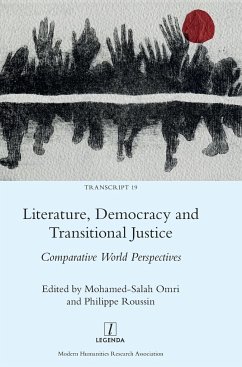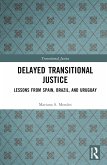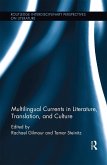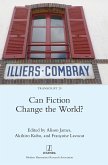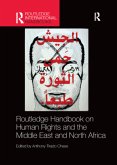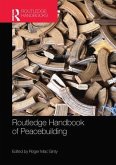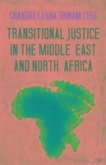When a society emerges from authoritarian rule, and the State no longer claims a monopoly on the truth, writing becomes essential - in representing rights, calling for justice, staking claims and counter-claims over what has happened, testifying to abuse, directing collective memory, or simply resisting amnesia. Such writing is a key element of Transitional Justice, whose juridical and historical origins lie in the Nuremberg trials of 1945-46, and which has since become increasingly important in former colonies and emerging democracies. Truth and reconciliation commissions are now able to hear narrative evidence of a kind which no court would previously have considered. This multi-disciplinary collection of essays focuses on the comparative study of literatures and testimonies written in the wake of violence and on their role in the aftermath of conflict. Scholars from the fields of literary studies, history, art, politics and philosophy engage with each other, and with case studies ranging across the world: from Algeria, Argentina, Columbia, Portugal, Rwanda, Spain, South Africa, Syria, Tunisia, Taiwan and the former Yugoslavia.
Hinweis: Dieser Artikel kann nur an eine deutsche Lieferadresse ausgeliefert werden.
Hinweis: Dieser Artikel kann nur an eine deutsche Lieferadresse ausgeliefert werden.

